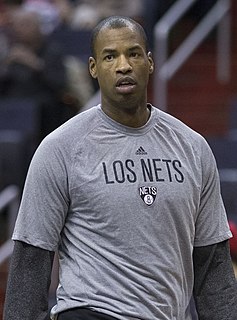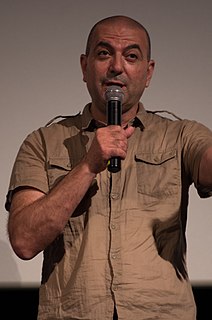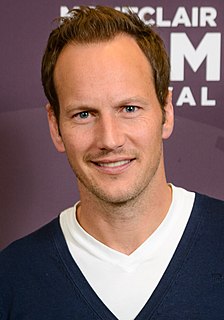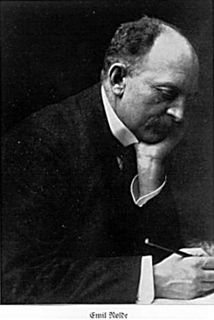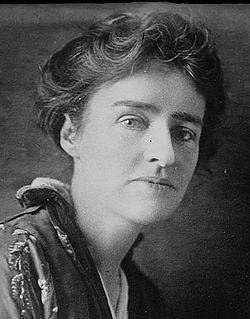A Quote by Jack Nicholson
I thought of myself as part of the general filmmaking effort. And as my scope broadened, I began to think about directing. I wanted to be the guy who got to say whether the dress is red or blue.
Related Quotes
Before I began The Cider House Rules, I thought I wanted to write about a father-son relationship that was closer, more conflicted, and ultimately more loving, than most. Then I began to think of a relationship between an old orphanage director and an unadoptable orphan - a kid who goes out into the world and fails and keeps coming back, so that the old guy ends up with someone he's got to keep.
It was time to expect more of myself. Yet as I thought about happiness, I kept running up against paradoxes. I wanted to change myself but accept myself. I wanted to take myself less seriously -- and also more seriously. I wanted to use my time well, but I also wanted to wander, to play, to read at whim. I wanted to think about myself so I could forget myself. I was always on the edge of agitation; I wanted to let go of envy and anxiety about the future, yet keep my energy and ambition.
I didn't have a sense of how to dress. I still don't really, but, like, back then, I truly had no sense of how to dress because I wanted to be a tomboy - I thought I was a tomboy, but secretly wanted to be girly, but didn't know the first thing about making myself girly. So I ended up like wearing just like sweatpants to school with, like, long T-shirts that I got on family vacations. And it was just weird.
I thought of all the magazine article I'd read on mothers who worked and constantly felt guilty about leaving their children with someone else. I had trained myself to read pieces like that and silently say to myself, 'See how lucky you are?' But it had been gnawing at the inside, that part that didn't fit, that I never let myself even think about. After all, wasn't it a worse kind of guilt to be with your child and to know that you wanted to be anywhere but there?
I have no illusions about my filmmaking work but I must add I have no illusions about anybody else's either. I am very strict with myself and I think, "no, that could have been improved", "why didn't I put a little bit more then? Why didn't we come out then?" It was what I thought was right at the time and you have to stand by that. And if it completely fails you have got to say, "But that is what I meant at the time.".
I've never been interested in dressing one woman. What's interested me was to have a philosophy. It hasn't been important to put a woman in a blue dress. I wanted to dress women who wanted to look at themselves. To stand out. To be women who were not part of the crowd. A woman who fights and advances.
Tell me about yourself." "Myself?" He looks confused. "Yes," I say, patting the mattress. "You know all there is to know," he says, sitting beside me. "Not true," I say. "Where were you born? What's your favourite season? Anything." "Here. Florida," he says. "I remember a woman in a red dress with curly brown hair. Maybe she was my mother, I'm not sure. And summer. What about you?" The last part is said with a smile. He smiles so infrequently that I consider each one a trophy.
I have an evening dress, pink mull over silk (I'm perfectly beautiful in that), and a blue church dress, and a dinner dress of red veiling with Oriental trimming (makes me look like a Gipsy), and another of rose-coloured challis, and a grey street suit, and an every-day dress for classes. That wouldn't be an awfully big wardrobe for Julia Rutledge Pendleton, perhaps, but for Jerusha Abbott - Oh, my!




